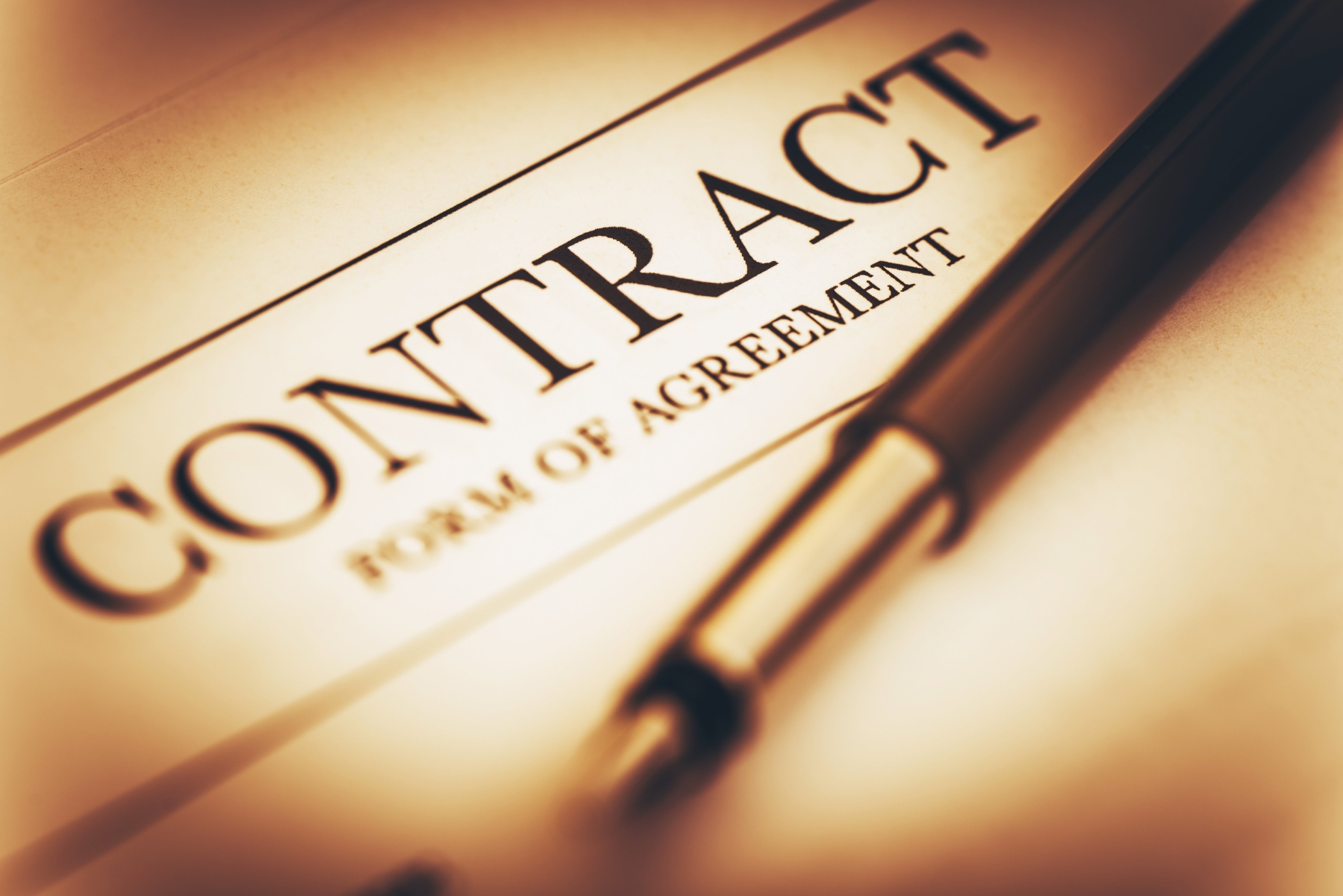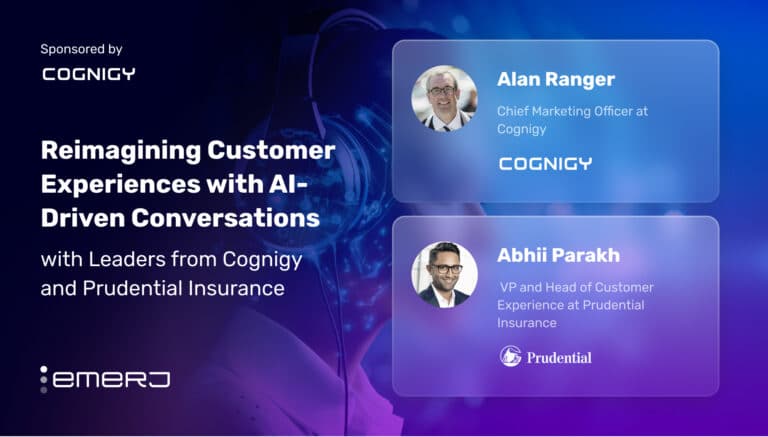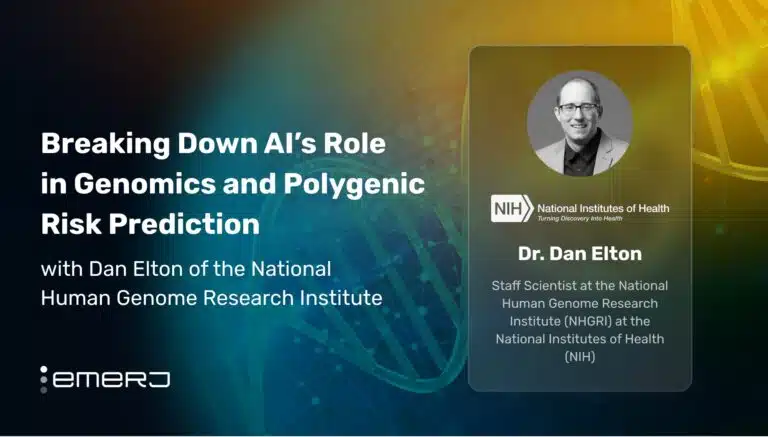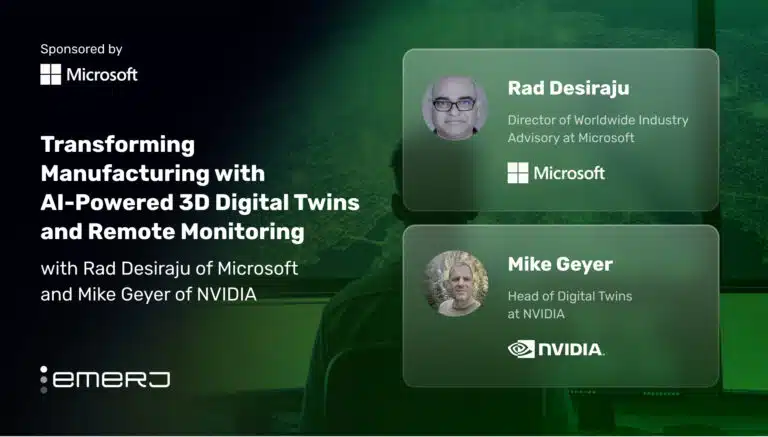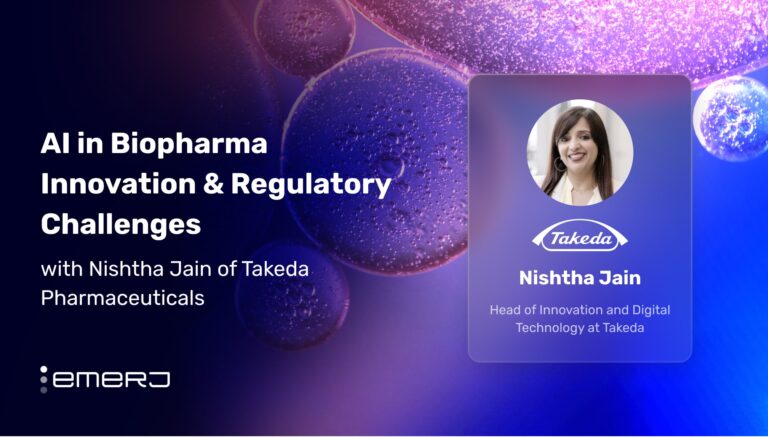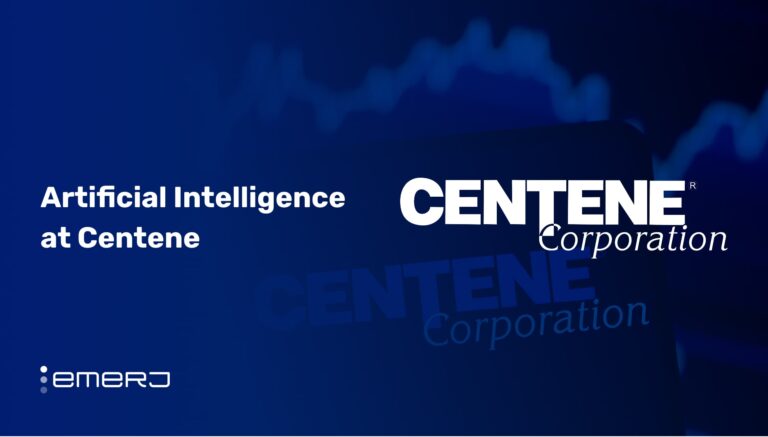Episode summary: This week’s episode explores the current possibilities in applying natural language processing for legal contract review. We speak with Andrew Antos and Nischal Nadhamuni from Klarity, a Boston-based startup focused on using natural language processing (NLP) based information extraction, from non-disclosure agreements (NDAs), in a live setting.
We delve into the current and future roles of AI and lawyers with respect to legal contracts. AI is currently being applied in applications like retroactive analysis and information identification in legal documents. According to Andrew and Nishchal, in the future we will see on-the-fly legal content creation from AI tools and NLP being applied to most commercial contracting. Although, one restraint that AI companies presently face in the legal domain is the lack of access to huge amounts of publicly available data.
Subscribe to our AI in Industry Podcast with your favorite podcast service:
Guests: Andrew Antos (CEO and Founder) and Nischal Nadhamuni (Chief Technology Officer & Founder)
Brief recognition: Andrew has a master’s degree from Harvard Law School. Before founding Klarity, Andrew has previously served as adviser to the office of the government of the Czech Republic and as a faculty of law at Masaryk University in Brno, Czech Republic. Andrew was also a registered legal trainee for mergers & acquisitions, intellectual property & licensing at Squire Patton Boggs in Prague.
Nischal has a Bachelor’s degree in computer science from Massachusetts Institute of Technology (MIT) and has interned at Indian e-commerce firm Flipkart and San Francisco-based drone analytics company, Airware.
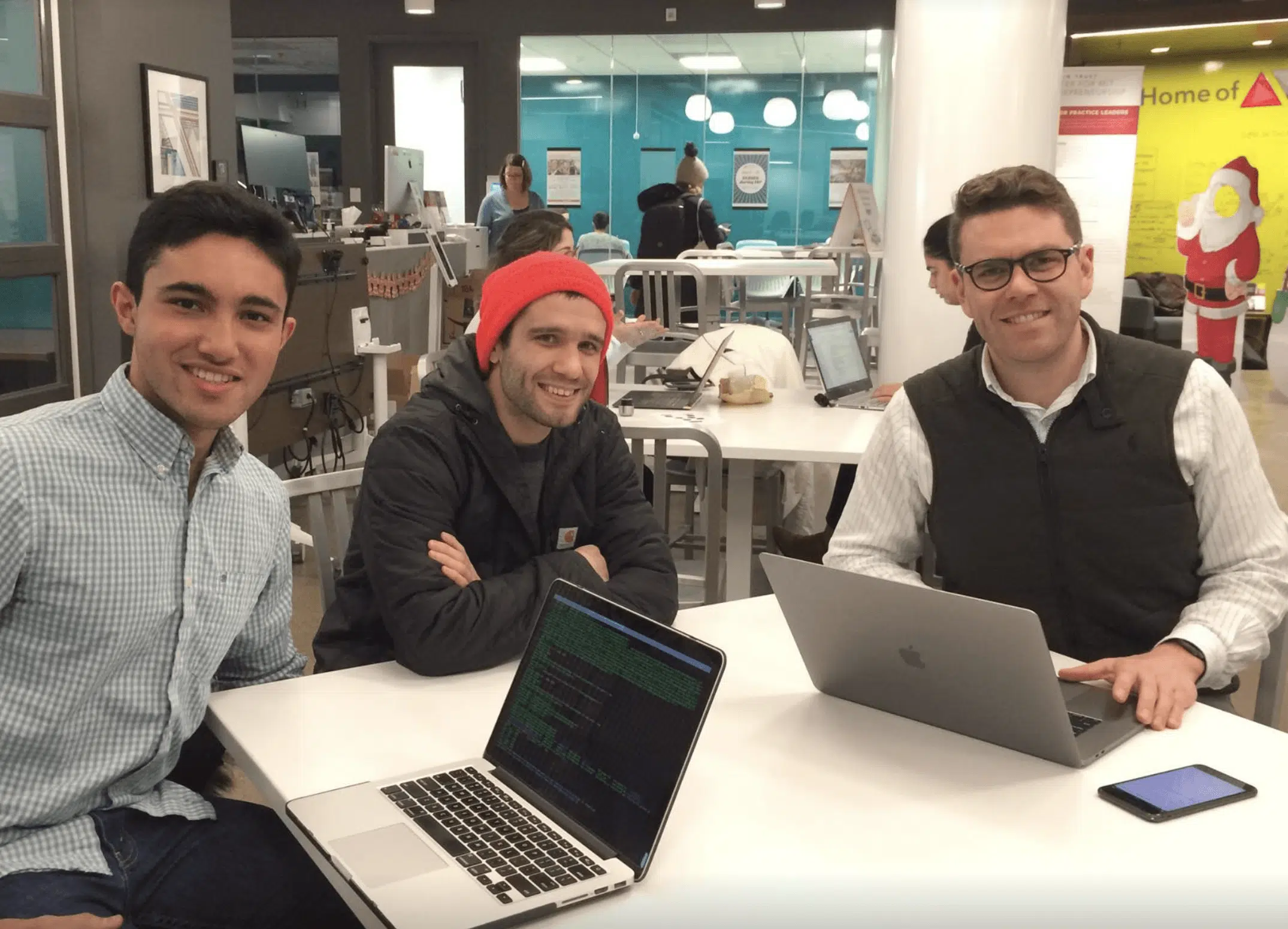
Big Idea
What Is Possible Today?
Andrew and Nischal believe that current AI applications in legal contracts can be classified as follows:
- Retrospective analysis of previously signed legal documents – In large-organizations which sign many documents every day, NLP platforms are being applied to extract metadata.
- Information extraction from legal contracts.
For information extraction: In a typical use-case for such an application, a sales representative of a company X signing an NDA with another company Y, would use an AI system to need to read and understand the NDA and renegotiate the contract immediately if required (rather than having to take the document “back to legal” for another review, slowing down the pace of closing the deal).
In this example, the AI tool is first configured to company X’s policies by feeding in their requirements in a pre-defined order. The requirements are gathered through a questionnaire which translates into the configuration of the AI tool. Legal domain-specific NLP techniques help the AI ‘read’ the contract and identify location of the clauses with key data points (like a percentage or a number) and proactively suggest changes as per the domain standards (for similar legal contracts).
The information extracted by the AI tool is mapped to prompted actions. For example, if an NDA is for a 15 year term (which is above market standard), the AI tool can prompt suggestions to change the term to a more reasonable two years or less. Other current examples would be prompted actions for residual clauses or unlimited indemnifications.
What Can We Expect in the Future?
Andrew and Nischal add; in general there are two categories of suggestive actions for legal contracts that an AI can potentially perform:
- Cases where a where a quantitative factor (like term of the agreement or a share percentage) needs to be changed. Current AI is very capable in identifying and suggesting change in such factors.
- Cases where changes in contractual language (having to rephrase some sentences) is required. This is a more complex task requiring knowledge of legal jargon. This is highly nascent and Current NLP platforms find such tasks very difficult.
Andrew and Nischal see NLP platforms of the future being applied to a majority of commercial contracting, though still involving humans in the loop.
Another important application for AI is in smart contracts (contracts which record the contents into a blockchain). Although smart contracts are very useful, on-boarding the contract into a blockchain has many restrictions in terms of the way the content is organized. Future NLP platforms would also be ideal in bridging the on-boarding gap for such smart contracts.
Readers can find out more about how NLP is being applied in other applications like content marketing and production here.
Interview Highlights with Klarity
The main questions Andrew and Nischal answered during our interview are listed below. Listeners can use the embedded podcast player (at the top of this post) to jump ahead to sections they might be interested in:
- (3.10) What is possible today in terms of applying AI to legal contracts?
- (9.31) In what ways does the data need to be structured (For a given type like NDAs) in order to reduce the uncertainties with respect to legal jargon? In cases where the NDA is not ok to sign, what does the process of re-negotiation entail?
- (17.25) Where do you see legal NLP becoming ubiquitous in the near future? Where is it likely to be adopted first by the legal market?
Subscribe to our AI in Industry Podcast with your favorite podcast service:
Header image credit: Adobe Stock


